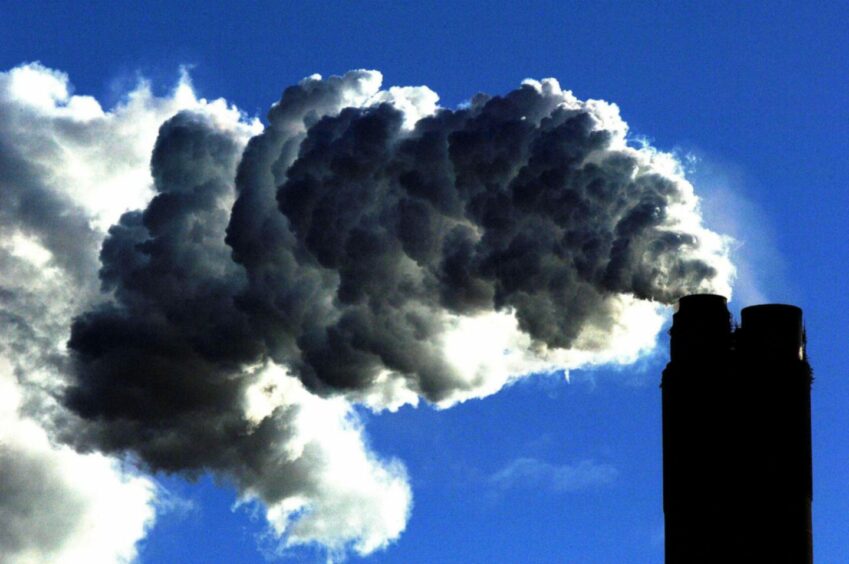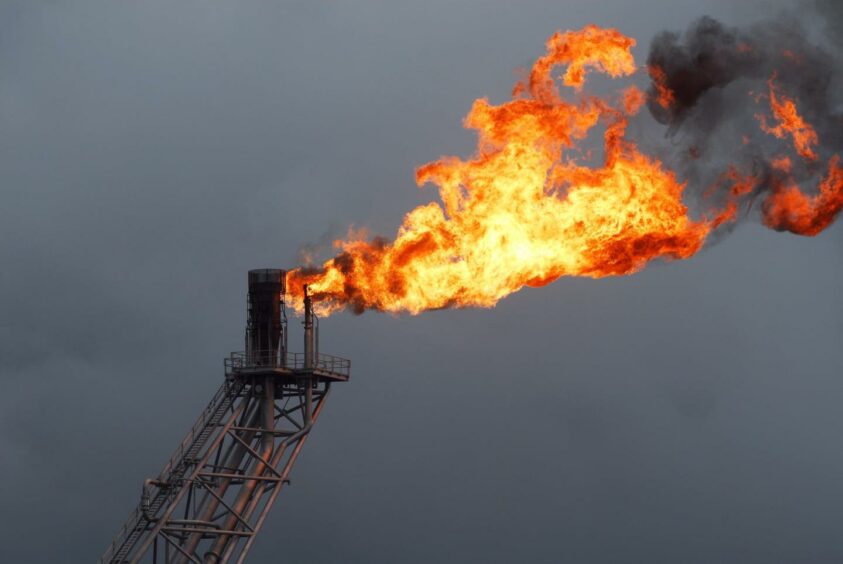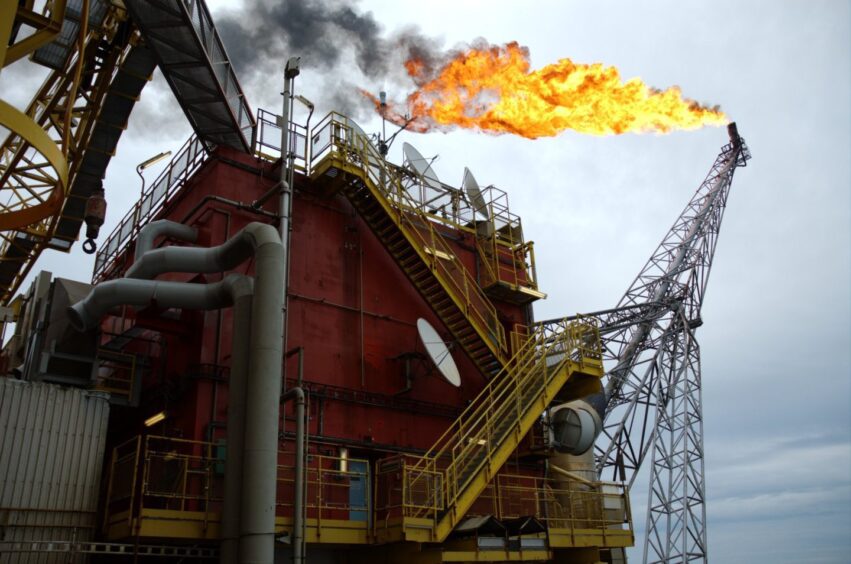
A new report by global consulting firm Accenture (NYSE: ACN) has found only 8% of energy sector companies worldwide are on track to achieve net zero emissions by 2050.
The Destination Net Zero report also found 28% of energy companies are off track, but still decreasing emissions, while the remaining 64% are off track and still growing their emissions.
Released in the lead up to the COP28 summit in Dubai, the Accenture report analyses net zero commitments, decarbonisation activities and emissions data for the 2,000 largest companies globally.
Across all industries, only 18% of companies were on track to meet net zero by 2050.
Of the companies surveyed, 38% said they cannot make further investments in decarbonisation in the current economic environment.
North Sea emissions reduction
While progress has been made, the scale of the challenges faced by energy companies in achieving net zero by 2050 can be seen in the North Sea.
Across North Sea energy companies, a recent report on industry decarbonisation efforts released by Offshore Energies UK (OEUK) showed a reduction in emissions over the past five years.
The OEUK report found emissions have been slashed 24% since 2018 as operators pluck low-hanging fruit to drive down their CO2 profiles.
However, another 26% must be found within the next seven years to reach targets agreed with the UK Government in 2021, meaning major spending decisions ahead.
According to a new report from trade body Offshore Energies UK (OEUK), emissions in the sector fell to the equivalent on 14.28m tonnes of CO2 in 2022, compared to 18.9m tonnes in 2018.
So far, that’s been completed through “low-hanging opportunities” of operational improvements, process optimisation and older assets being decommissioned.
Flaring and venting was reduced by 50%, from 4.62 million tonnes CO2e to 2.32 million tonnes.
However, the next stage will be harder – offshore power generation is the big culprit, accounting for around 65% of emissions, and alternatives need to be found or assets may be shut down prematurely.
Collaboration to break ‘economic stalemate’
According to the Accenture report, industry leaders can break the “economic stalemate” and progress emissions reduction efforts within only three years, by reinventing decarbonisation strategies that enable growth for energy-intensive, hard-to-abate heavy industry.
These industries, including steel, metals and mining, cement, chemicals and freight and logistics, generate 40% of total global CO2 emissions.
For these heavy industries to achieve decarbonisation, Accenture’s accompanying Powered for Change report found improved access and availability to affordable, low-carbon energy is required.
At present, almost 81% leaders from heavy industry expect to need more than 20 years to have sufficient zero-carbon electricity to decarbonise their industry, with energy providers primarily focused on decarbonising their own operations the report said.
Accenture global resources industry practices chair and sustainability services lead Stephanie Jamison said if heavy industry is burdened with the full cost of decarbonisation and fails to meet net zero targets, “all industries will fail”.
“The rapid, affordable decarbonisation of heavy industry requires collective action across the value chain and urgently compressed transformation,” Ms Jamison said.
“We believe this can break the economic stalemate by inspiring new levels of growth and help accelerate net zero in just three years of focus.”
Low-carbon power and hydrogen
Among the report recommendations, Accenture said oil, gas and power companies must scale low-carbon power and hydrogen more quickly to guarantee affordable and secure supplies.
“Accenture projects the levelized costs of solar power and green hydrogen could fall by 77% and 74% by 2050, respectively, if their potential is optimised, ultimately reducing green industrial products’ costs,” the report stated.
“Additionally, almost two-thirds (64%) of oil, gas and power companies believe their industrial and logistics customers are willing to enter long-term decarbonisation partnerships, collaborating to initiate a virtuous circle.”
The report also recommended targeted green premiums to finance the first phase of industrial decarbonisation and actions to drive down capital and operating expenses related to low carbon infrastructure.
Ms Jamison said to provide the necessary business growth to put net zero back within reach, these imperatives must be executed in parallel and scaled immediately.
“Stakeholders around the world and across industries and governments must come together to create a new frontier for the economics of decarbonization, giving heavy industry a firm foundation for reinvention,” Ms Jamison said.
Recommended for you

 © Shutterstock
© Shutterstock  © Shutterstock
© Shutterstock